
Published:
Readtime: 7 min
Every product is carefully selected by our editors and experts. If you buy from a link, we may earn a commission. Learn more. For more information on how we test products, click here.
Despite online safety firming as a key priority for everyday Australians, new reports suggest that an alarming number of internet users are falling victim to an act known as ‘doxxing’. A form of online harassment, doxxing is the act of publishing private or personal information about a particular individual or group of individuals online without their consent. Often performed with malicious intent, this process of sharing information can significantly impact a person’s safety, security, privacy or reputation, putting them at risk of public shame. So, what are the laws around doxxing and what can you do to protect yourself?
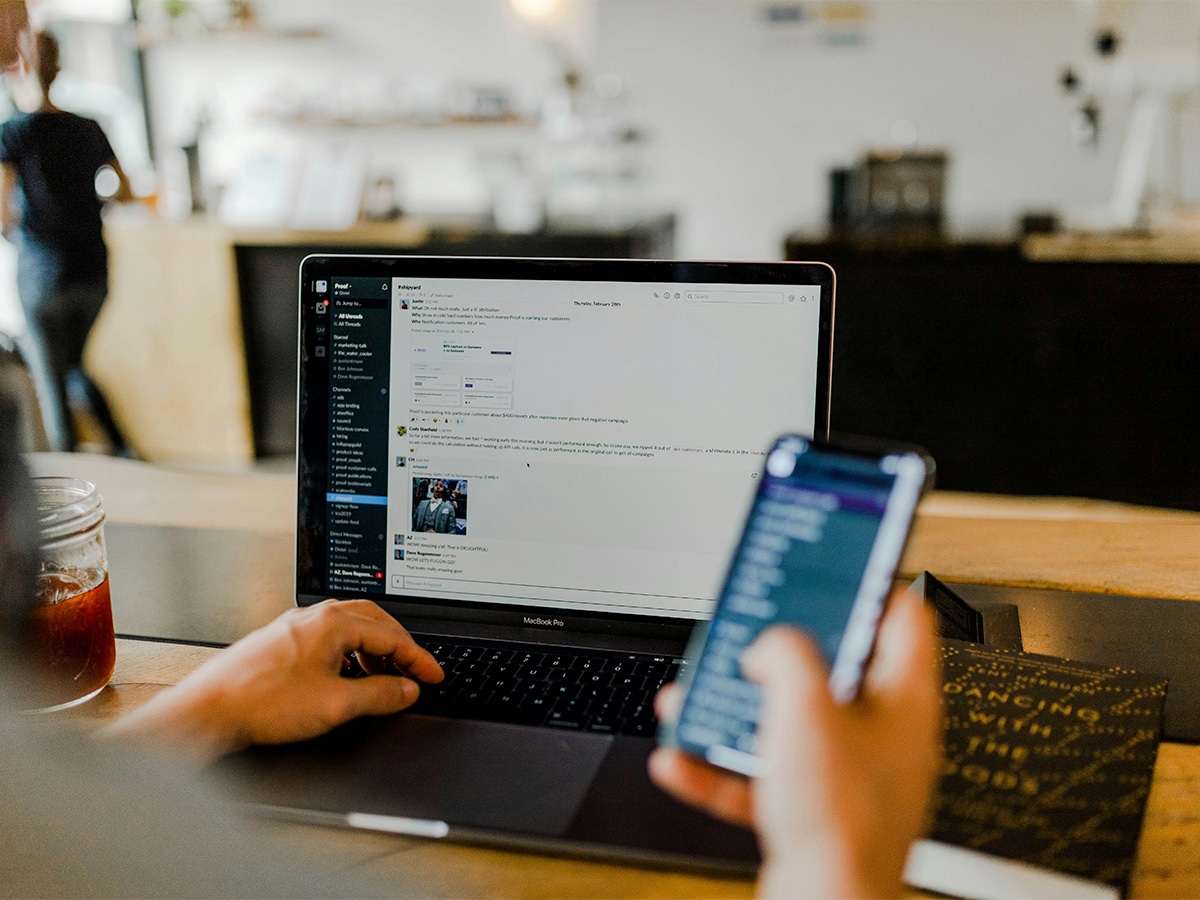
What is Doxxing?
An abbreviation for ‘dropping documents’, doxxing is a calculated form of online harassment that sees personal information revealed to the public. This information, generally phone numbers, addresses or social media profiles, may be sourced through publicly available or via unlawful means, such as unauthorised access to private databases and computer systems (hacking). Importantly, Doxxing differs from defamation in that the information revealed is generally deemed to be truthful, irrespective of whether it has been obtained lawfully.
In recent times, doxxing has steadily increased as a means of harassment, due to increased accessibility to the internet and a greater social reliance on digital record keeping. According to Rob Cover, Professor of Digital Communication and co-director of the RMIT Digital Ethnography Research Centre, RMIT University, this uptick in ‘internet connected technologies’, particularly in the wake of the COVID-related lockdowns, has made it easier for perpetrators to obtain humiliating personal information, thus giving way to a burgeoning Doxxing network.
“Doxing began as a form of unmasking anonymous users, trolls and those using hate speech while hiding behind a pseudonym,” he said. “Recently, it has become a weapon for online abuse, harassment, hate speech and adversarial politics. It is often the outcome of online arguments or polarised public views.”
“It is also becoming more common. Although there is no data for Australia yet, according to media company SafeHome.org, about 4% of Americans report having been doxed, with about half saying their private emails or home addresses have been made public.”
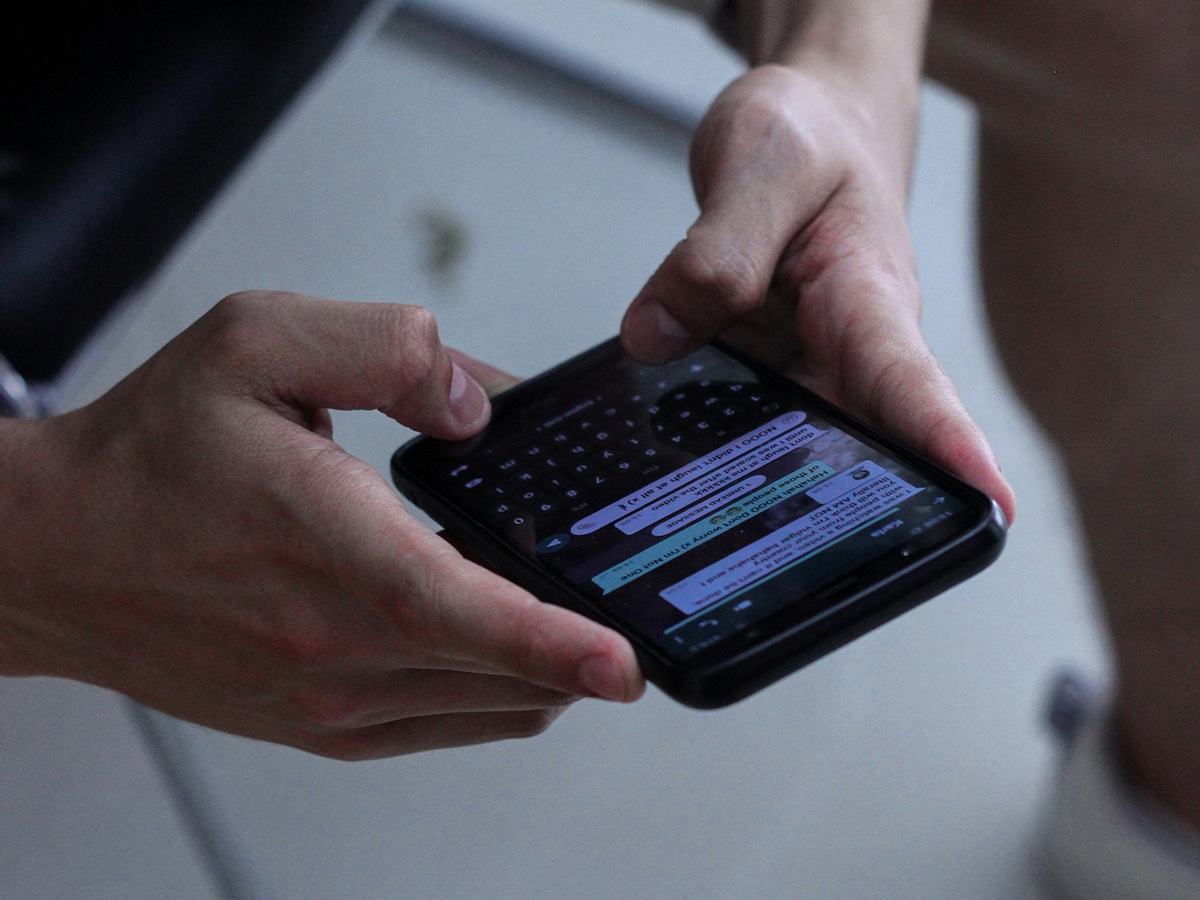
Laws on Doxxing
Doxxing has received significant media coverage in recent times after the Australian Federal Government announced that it was looking to criminalise the act. The move comes after the details of a WhatsApp group involving hundreds of members of the Jewish community were posted online. According to the ABC, the landmark legislation is aimed at outlawing the practice of publishing personal details with malicious intent, with the initial bill to be brought before parliament “as soon as possible”.
While those responsible for sharing the transcript have rejected claims that it is a form of doxxing, the news has made national headlines, prompting an immediate response from Canberra. Speaking with Nine Radio on Tuesday, Prime Minister Anthony Albanese said the breach of privacy spurred a decision to act quickly to criminalise the practice, which lobby groups such as the Executive Council of Australian Jewry have reportedly welcomed.
“I’ve asked the attorney-general to bring forward legislation in response to the privacy act review, including laws that deal with so-called doxxing, which is basically the malicious publication of private information online,” Prime Minister Albanese said.
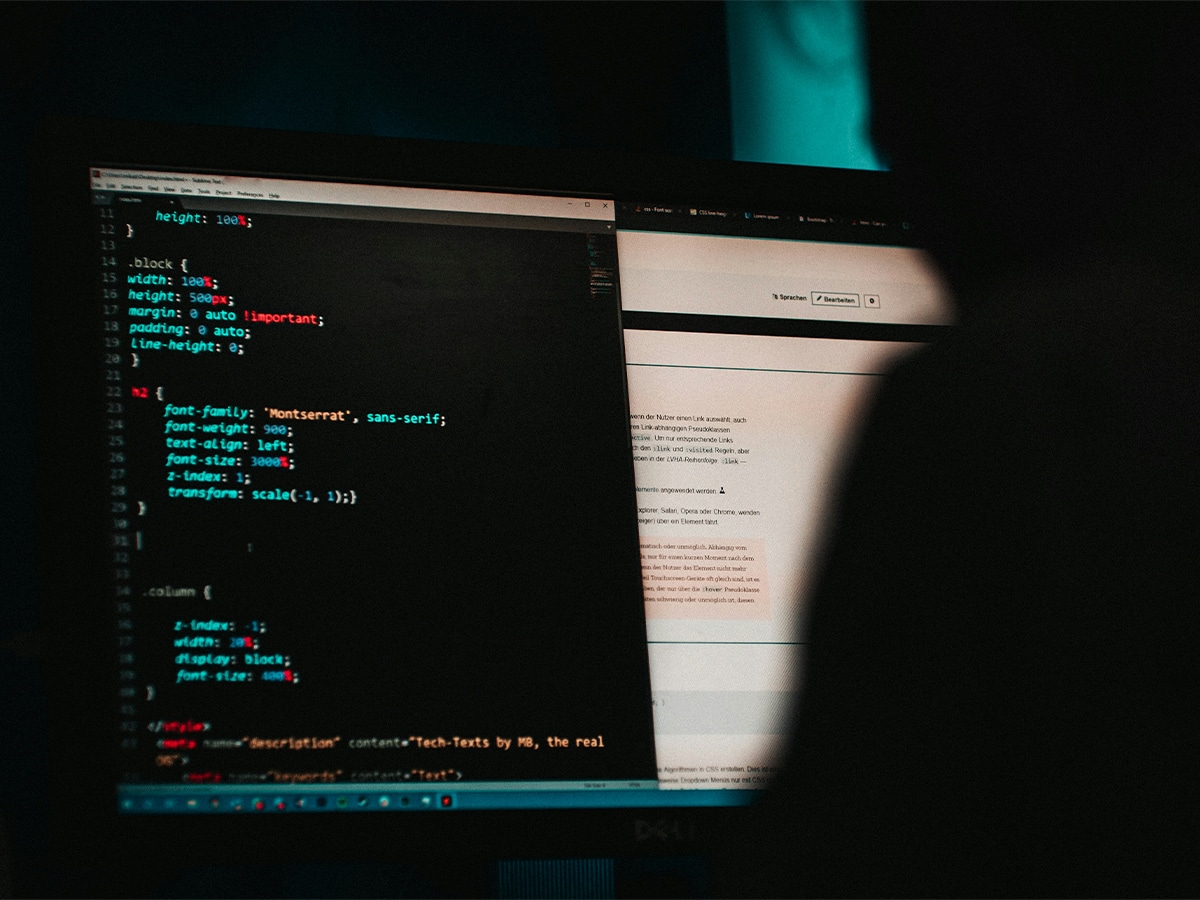
It’s not yet certain how the legislation will police the act, but initial reports suggest that the laws will be tailored to avoid public-interest journalism. Attorney-General Mark Dreyfus told ABC that the proposed legislation would fold into already-planned changes to privacy laws.
“The increasing use of online platforms to harm people through the malicious release of their personal and private information is a deeply disturbing development,” he said. “The recent targeting of members of the Australian Jewish community through doxxing was shocking, but sadly a far from isolated event.”

Why Do People Dox?
Research into doxxing has revealed a varying range of motivating factors behind the act. According to the Australian eSafety Commissioner, in many cases, doxxing is motivated by those looking to expose wrongdoing and “hold the wrongdoer to account”. Additionally, a doxxer may perform the act to exert power over someone following a relationship breakdown or to extort money from them. In this case, they may issue demands to the target in order to delay the release of the information, but often no demands are made and the target is not even aware they are about to be doxed.
“Anyone can be doxed and, regardless of the motive, the exposure of personal information violates the target’s privacy and can compromise their safety,” the eSafety Commissioner explains. “Reports of doxing made to eSafety indicate that it can lead to serious emotional, psychological and physical harms.”
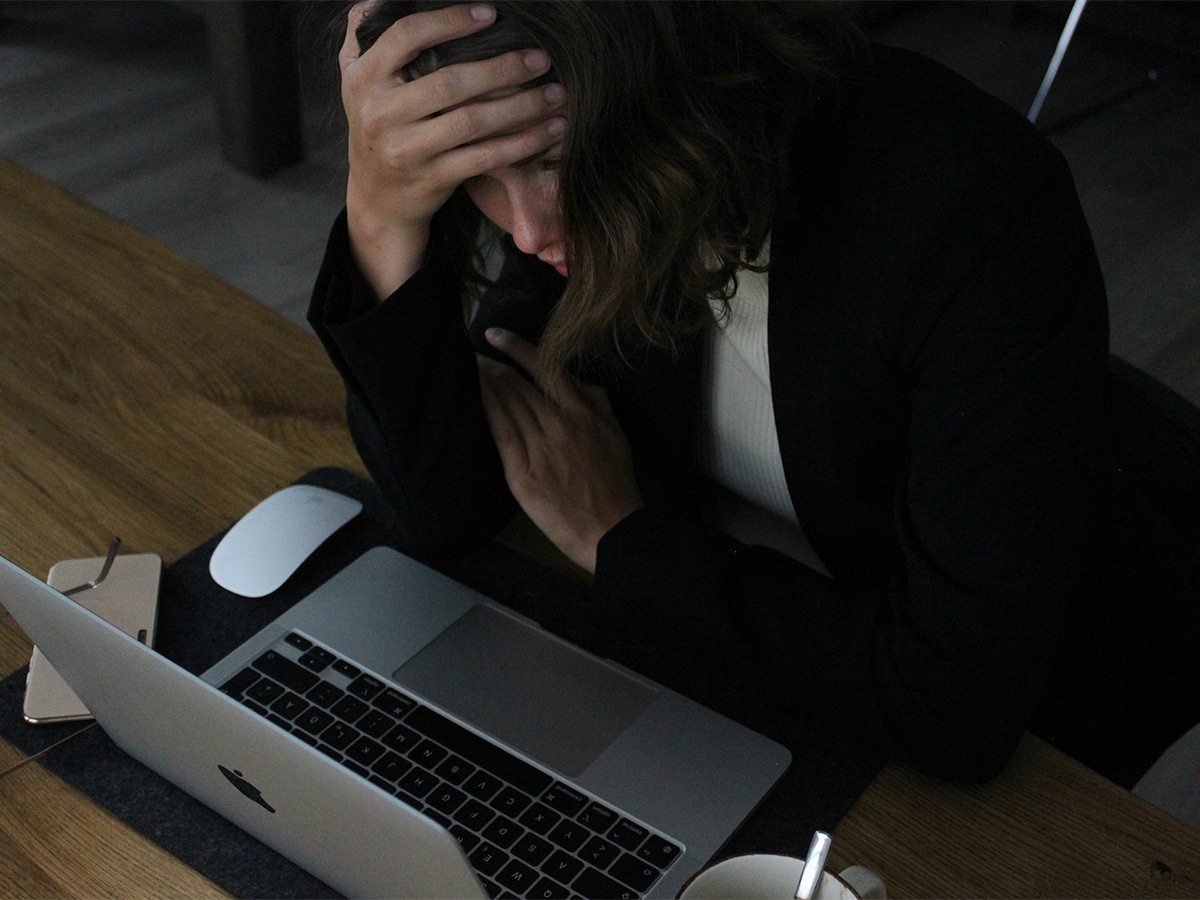
When perpetrated, doxxing can leave a target vulnerable to a range of emotional and physical risks. The most common is public embarrassment or humiliation, however, in more serious cases, this can lead to targeted personal abuse. In extreme situations, the target may fall victim to cyberstalking, identity theft, professional reputation damage or event physical attacks.
“The harms can be immediate, but they can also be ongoing if the information continues to be shared or stored by others,” the eSafety Commissioner said. “On a broader level, using doxing as a form of digital vigilantism can have a negative impact on society through increasing lawlessness, conflict and reducing trust in public figures.”
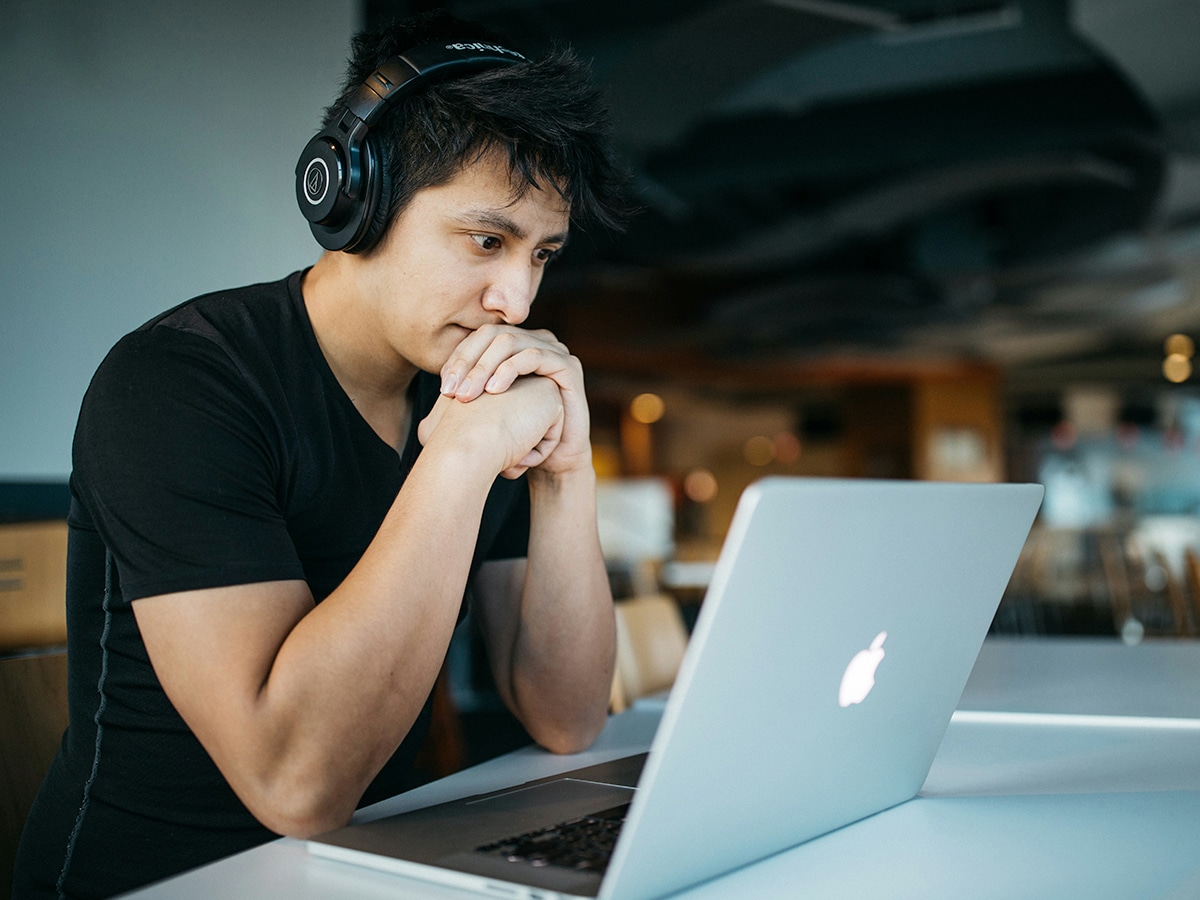
How to Protect Yourself Against Doxxing
In order to reduce the risk of falling victim to doxxing, there are some simple things that you can do. First and foremost, checking the privacy settings on your social media accounts ill help to ensure that you know who can see your content and personal information. You should also limit the amount of personal information that you share online, such as your address, place of work or study, or personal phone numbers.
From a broader perspective, some basic cybersecurity measures will also help you to stay protected from doxxing. Specifically;
- Use a range of strong passwords for your accounts, and ensure that any security questions are sufficiently difficult to guess.
- Try to set unique usernames for each online account you use.
- Use secure authentication on all accounts, including two-factor authentication where available.
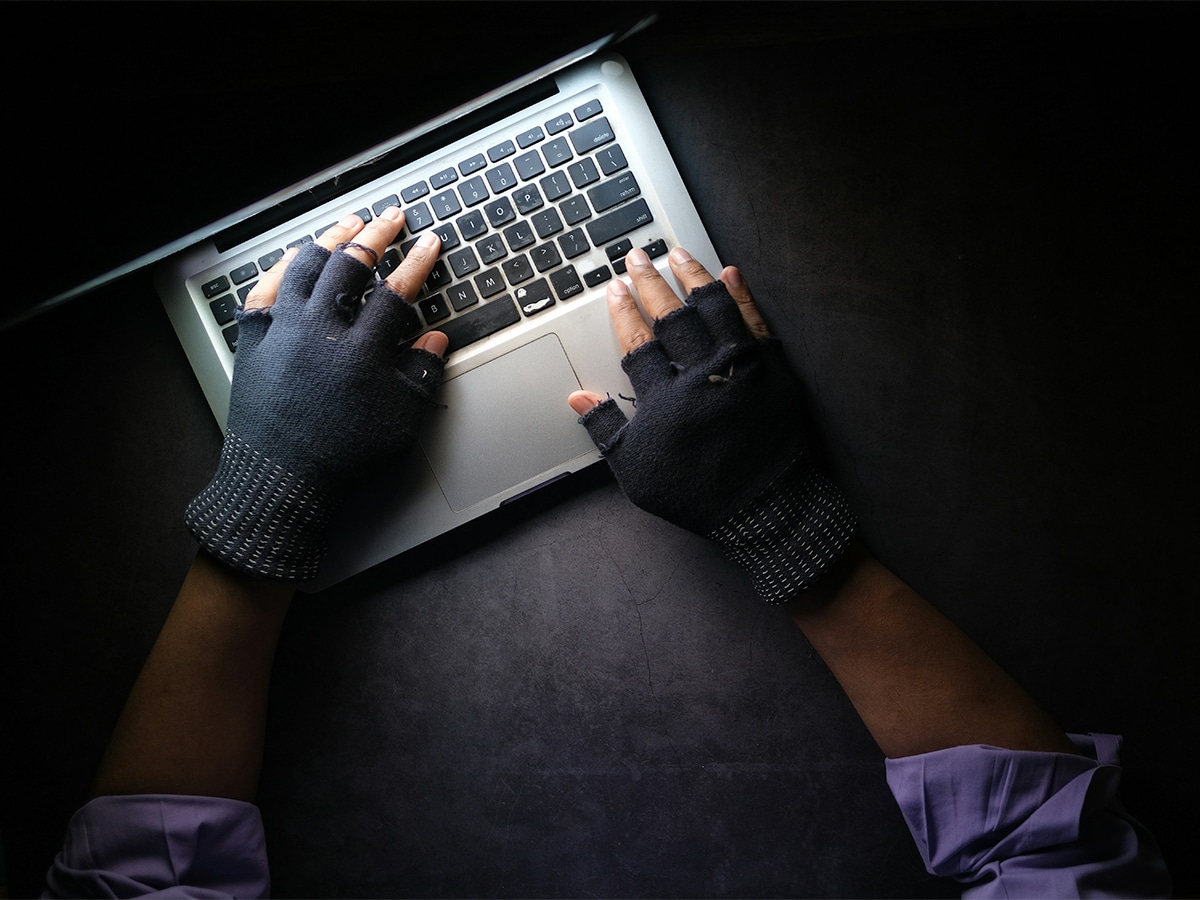
What to Do If You Get Doxxed
If you do fall victim to doxxing, it can be an incredibly stressful and frightening experience. In that case, it is important that you understand your rights and actively work to stay safe. The Australian eSafety Commissioner has outlined six key steps to follow should you be doxxed.
- Collect and preserve evidence of the doxing.
- Report to the social media platform where the doxed material is posted — The eSafety Guide provides the relevant links for many popular platforms and services.
- Block unwanted contact — The eSafety Guide also provides many of these links.
- Seek further support or assistance from eSafety, the police, or a legal, counselling or support service.
- Review and update your privacy and security settings.
- If you are at risk of immediate harm, call Triple Zero (000).
Join Our Exclusive Community!
WINNER– Media Brand of the Year, 2025
WINNER– Website of the Year, 2024
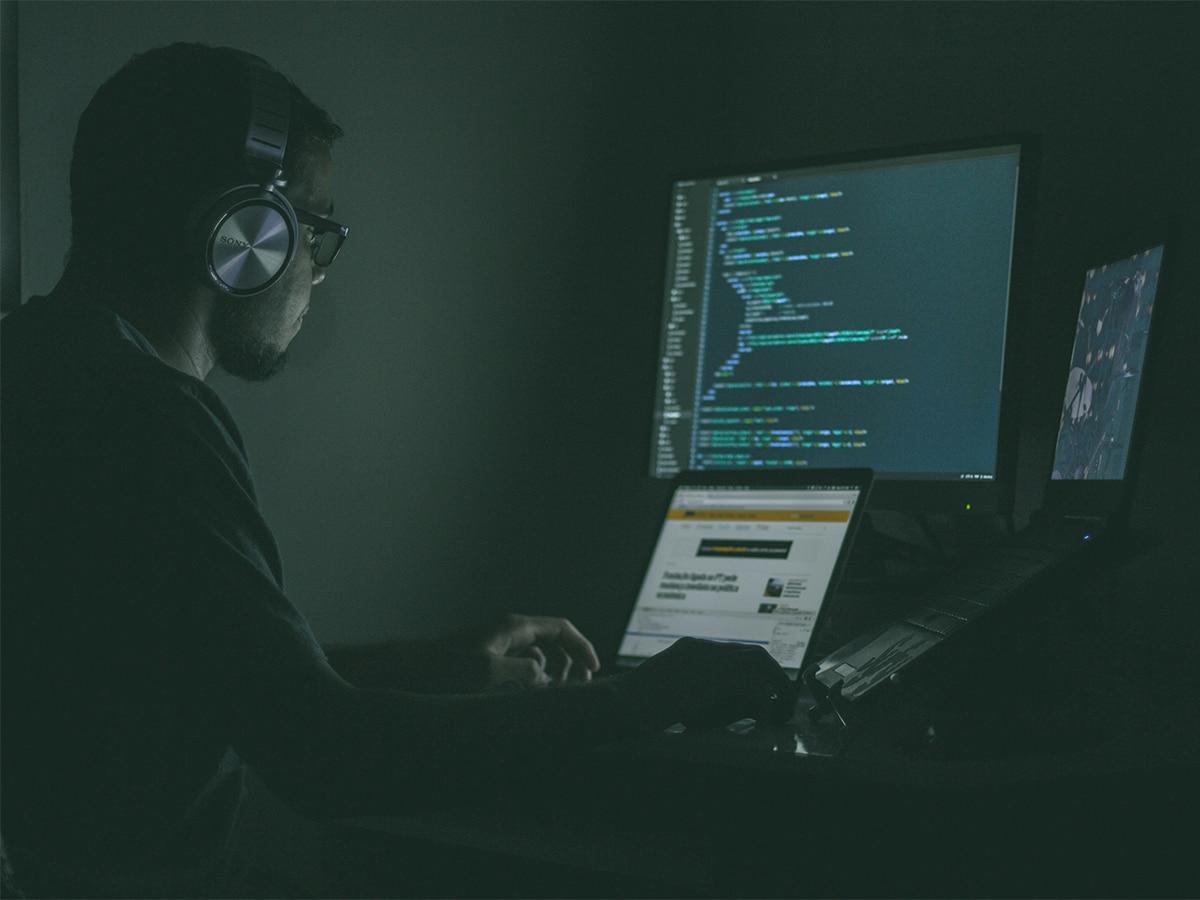









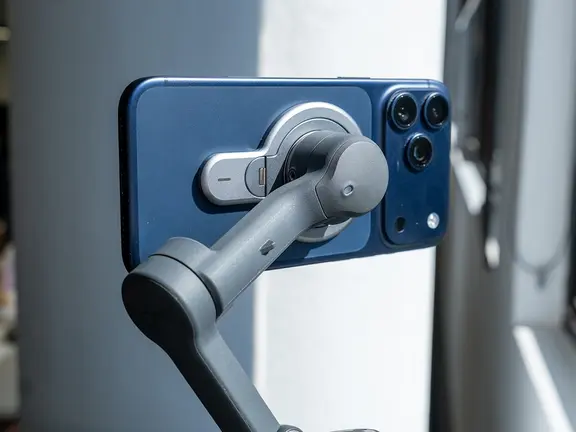


















Comments
We love hearing from you. or to leave a comment.